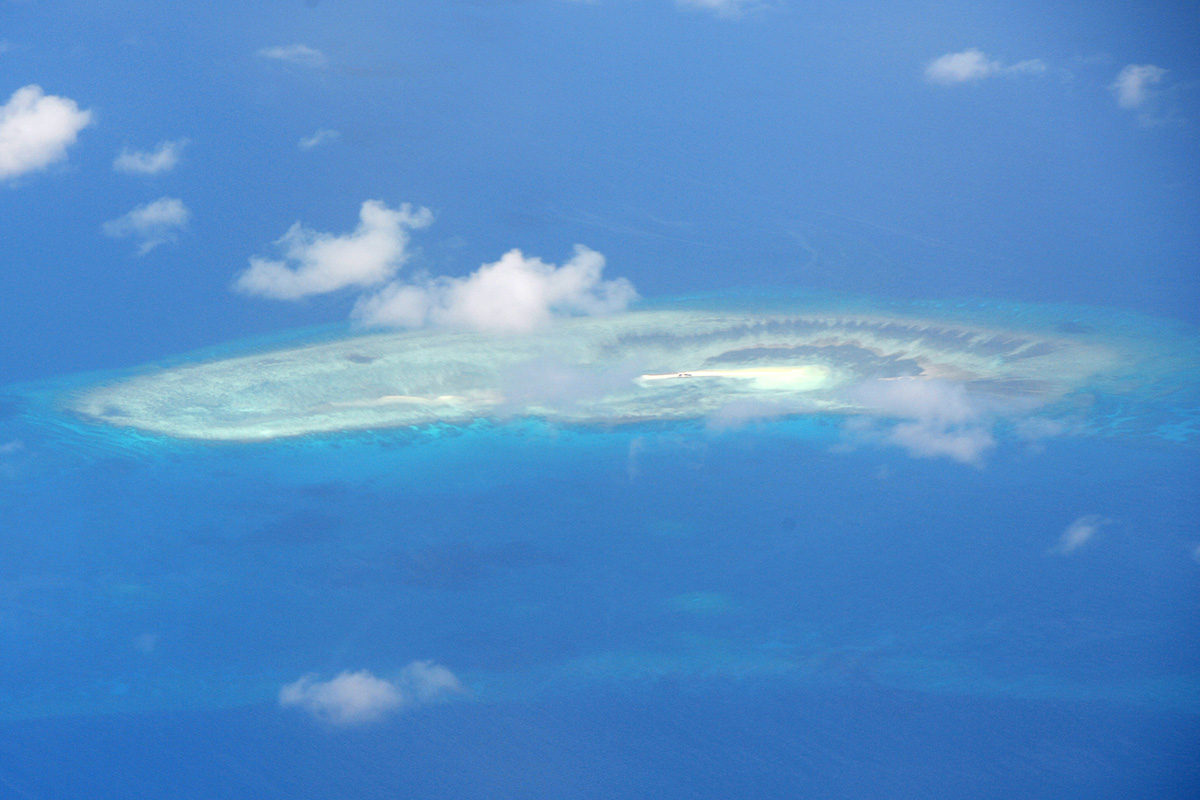In a Utopian world, an obvious solution to the South China Sea dispute would be for the nations involved to align their interests together and jointly pursue maritime exploration of the area.
In fact, the idea was once mooted by former Secretary General of the Association of Southeast Asian Nations (ASEAN), the late Surin Pitsuwan who advocated a two-pronged approach to conflict resolution. Ideally, claimant states would set aside their sovereignty claims and jointly develop the area to equally reap its benefits.
However, the truth of the matter is that, cooperation of that level is a pipe dream given the geopolitical realities of the region.
Nevertheless, in a refreshing change of pace, China and the Philippines recently agreed to embark on discussions on joint oil and gas exploration in the South China Sea.
Speaking to reporters after meeting with his Filipino counterpart, Alan Peter Cayetano, China’s foreign minister Wang Yi remarked that both countries will “…in a prudent and steady way advance cooperation on offshore oil and gas exploration.”
“The South China Sea disputes will no longer be a source of negative energy blocking the development of bilateral ties,” Wang was quoted as saying by Agence France Presse (AFP).
China remains the major claimant to the dispute, claiming almost the entire disputed region. The Philippines, Vietnam, Malaysia and Brunei claim parts of the waters and some maritime features are claimed by more than two parties.
Some of the claims made by the Philippines overlap those made by Vietnam and Malaysia, not to mention the claims made by China. This muddies the waters of conflict resolution and makes efforts for joint cooperation a whole lot harder. While no exact details on which specific areas they could cooperate on, suffice to say, executing a joint venture is not an easy task because the other claimant states were not involved in the discussions.
One way of looking at the matter is to look at it as a stepping stone to future collaboration which may ultimately see all claimant states pursue a common goal in the maritime area. This follows a minilateral argument – a subset of multilateralism which addresses larger issues by first breaking them down into smaller parts. Such an approach would afford greater flexibility and speed in decision making.

This minilateral solution addresses one big issue – among others – vis-à-vis the dispute over the immense amount of hydrocarbon deposits. Besides that, the area is also home to an abundance of fish resources and serves as a critical shipping artery as more than US$5 trillion dollars in trade passes through the disputed waters annually.
According to the United States Energy Information Administration, 11 billion barrels of oil and 190 trillion cubic feet of gas lie within the seabed of the South China Sea. By agreeing to jointly explore the area, states would have to come to an agreement on the intricacies of such an endeavour, i.e. discussing which country should explore which part of the seabed, how would the spoils of the exploration be shared amongst the partaking stakeholders, etc. Undoubtedly, these are matters that are complex and would require many rounds of negotiations before being resolved.
Nevertheless, this negotiation process will undoubtedly lower the importance of sovereignty – an abstract and contentious notion – and place more importance on something more tangible - profitability. However, it must be noted that the issue of sovereignty can never be fully dissociated from the issue. Because claims based on sovereignty often rely on competing historical sources or international laws which cannot be enforced, it shifts the focus of the dispute elsewhere, when the focal point of the matter has always been the huge profits associated with control of the South China Sea.
Hydrocarbon deposits are one way that claimant countries can profit from the dispute. Claimant countries can work towards a resource sharing agreement, which if welcomed by all parties, would set a precedent for the joint development of other resources in the region like fishing or control of shipping lanes.
The key here is for countries to stay focussed on what is to be gained from cooperation and understand that this dispute will never end on the terms of either one party. Instead, it must involve the resolve of every claimant country.
